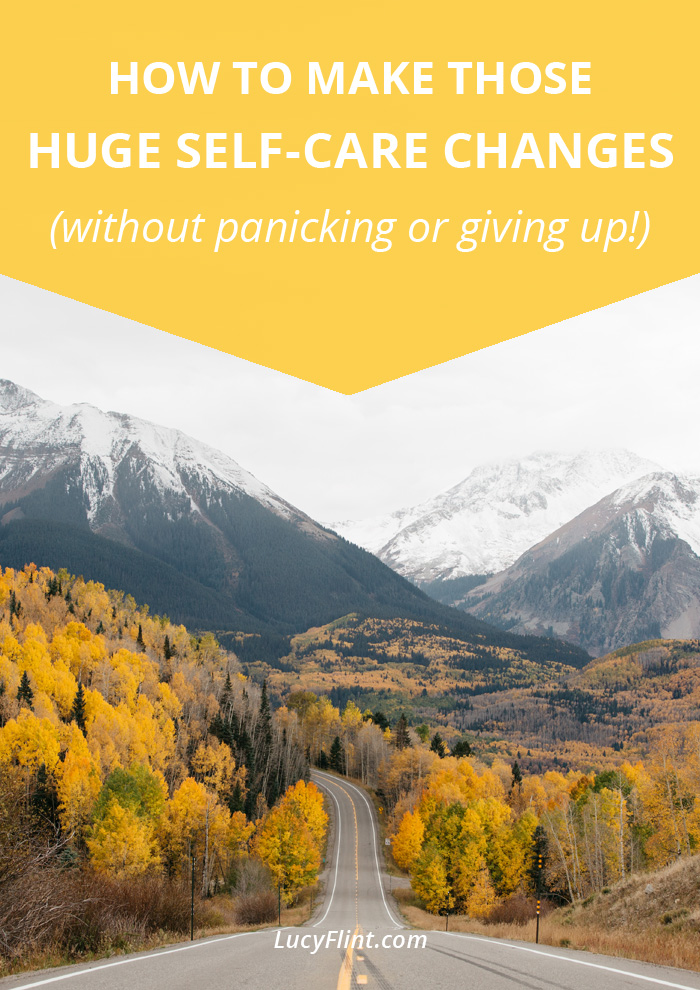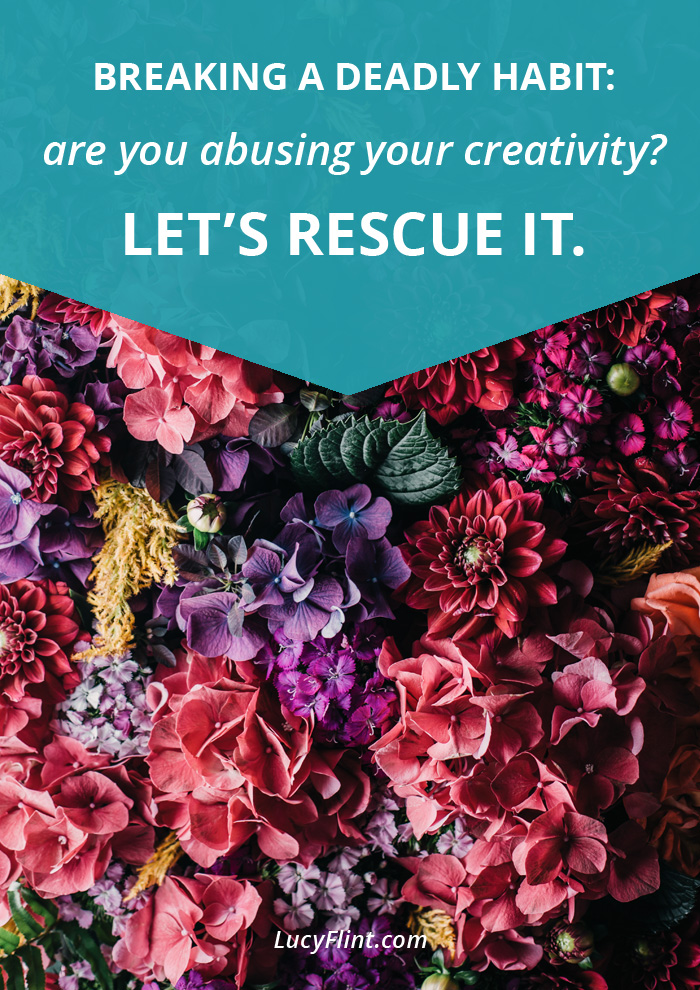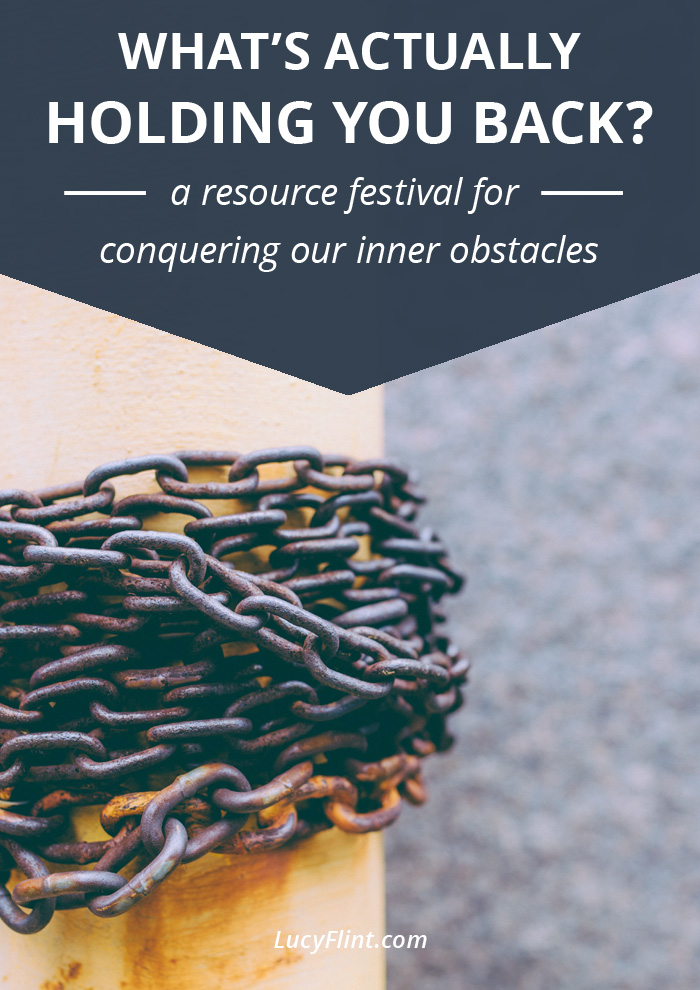How to Mind the Gap: Shedding Old Expectations and Embracing the Real Writing Life
/Welcome to May, the month of graduations! I'm not graduating from anything this year, but I always love this season of grand finishes and completions.
And too, each year I wave to May 20 as it goes past: the anniversary of my graduation from college a few years ago. (Okay, okay, eleven. Eleven years! How did that happen?!)
It always makes me a bit nostalgic. And by nostalgic, I sometimes mean the happy-warm feelings that bubble up as I remember late night pineapple pizzas, the view from my apartment balcony, and the fantastic discussions in my literature classes.
Annnnd sometimes when I say nostalgic, what I REALLY mean is: I thought I'd be further in life than I am.
Eleven years after graduation, I was supposed to be somewhere, you know what I mean? More things figured out, more shiny accomplishments lined up, more bits and pieces I could point to and say, Look! I've done so much.
This year, as I eyed the approach of May 20, I made a deal with myself: No self-abuse allowed. No kicking myself for not being the impossible version of myself that I'd dreamed up.
It's true that I'm not as far along as I thought I would be in some ways... but in others, I've come a long, long way. I've learned a ton about self-understanding, being kind to myself, and working with wisdom.
In other words: I'm kinda glad I haven't reached all the impossible heights I'd dreamed up for myself, because if I had, I wouldn't get to be this version of me. This Lucy, who has let go of a lot of poisonous beliefs (yoo hoo, perfectionism!!), a lot of choking shame, a lot of the wrong reasons that would have driven those nice accomplishments.
I still hope to do a lot, write a lot, reach a lot of people. I'm still working on excellence. But it's so nice to be in this place.
To celebrate that, I found myself wanting to get a clearer picture of what I thought the writing journey would look like, versus what it actually looked like.
Lucky me: Just before I graduated I wrote a paper about exactly that topic. I wrote a complete picture of what I thought my writing life would/should look like.
I was a bit terrified at the time, so I interviewed professors and professionals, read tons of articles, gathered and assimilated as much advice as I could. And then I put it all in paragraph form, and kept it.
So the other day, I was wondering: What did I think the writing life would look like? Where was I right, and where was I way off base?
I did a little digging around, I managed to not drop a filebox on my head, I got a little dusty, but I found the paper. I read it through, and sure enough: there were some expectations that were nowhere close to reality.
But also? There was some really, really quality advice buried in there. Stuff that made me lean forward and actually jot down a few notes. Ooh.
... It's the month of graduations, of that ceremony we call "Commencement." A month of endings that create beginnings. Commencement, after all, means beginning, means Start!
So I thought: Why not?! Why not celebrate all our graduations, our endings, our beginnings, our big transitions, by looking back at this huge educated guess I made about the writing life, and where I actually ended up?
Are you up for joining me on a little time-traveling exploration?
Let's do it. Because, no matter how long you've been on this writing journey, I'm guessing that there were ideas you had about how it would look, and then ... well, then there was reality.
I think it's healthy, now and then, to take a closer look at what we thought we were getting into, you know what I mean?
So I'll get this conversation started. This is how I thought I would be as a writer.
1. The overactive writer: It's a little thing, but I found this pretty surprising. Turns out, I had grand ideas of being very active in my community—joining societies and clubs, volunteering in several places, tutoring kids.
I thought that this was how I'd find inspiration and material. And too, I was scared of adjusting to a life of more solitude—what would happen if I was alone at my desk a lot?
Annnd let's face it, it also sounded nicely grown-up, responsible, and unselfish. Pointing to my secret terror that, by charging into a writing life, I was pledging to be childish, irresponsible, and selfish.
I'm an introvert's introvert, which means that signing myself up for a lot of things is exactly the way to drain every ounce of energy away from writing. So all those ideas of being a busy bee in the community... not so much.
But what's even more interesting to me is what it said I was afraid of. I still fight off a fear that I've chosen to be childish, selfish. Most days, I know that's not true: the act of creating is a generous one.
And as anyone knows who's charged through the steep work of revision again and again, well: there's nothing childish about doing the hard, meticulous work to hone your words.
What about you? What were you afraid a writing life said about you?
2. The Jane of all trades: Okay, this one just makes me laugh. After writing in a variety of forms all through college, I expected to just keep right on going, with basically every format I'd tried.
Poems, short fiction, medium-length fiction, short reflective essays, longer pithy and intellectual pieces, blogs, as well as learning to write a novel. I expected to keep doing all of these at once, with deadlines and goals and charts and such.
I would overflow with words!! And find homes for all of them!
I'm so glad to report that this fantasy died after about six months. It took me half a year to realize that, while I could write in all those forms, I didn't necessarily want to. And certainly not all at once.
Instead, I've learned the joy of focusing, of choosing the few forms that I thrill to, that I thrive in. Long-form fiction and blogging. That's my sweet spot.
And I've realized that focus isn't a negative restriction; it's a way to make my writing life more my own.
How about you—did you think you'd be working in a different form? Have you made a shift, from one type of work to another?
3. The serious literary lady: Even when I started focusing on fiction, I still wasn't clear on what kind of fiction I'd be writing. At school, I immersed in a more literary style, so I assumed I'd be writing literary fiction.
As I tried to get going, though, I kept being swamped by Resistance. Good little writer me, I knew to expect Resistance, so for a while, I didn't realize what was truly going on:
I don't enjoy literary fiction as much as I thought I did.
Whoops.
There are exceptions, for sure, but it's just not my main love. I had to force myself to read it, force myself to try to appreciate it. (No offense, my literary-fiction friends!! You keep doing your thing!)
We each have genres that we're more drawn to, and I didn't realize that mine lay in pretty much the exact opposite direction.
Finally, finally, I found my way to middle grade adventure stories: the best fit with my voice, with my sense of what's fun to read and fun to write, and the best fit with all the characters and worlds roaming around in my head.
I might still try my hand at other genres (why not?) but I'm requiring that I genuinely like those genres first. Otherwise, it's not fair to the readers who love that genre, and it's not fair to me, writing in it.
Oooh. How about you? Ever charge out in a writing direction that just wasn't a good fit? Have you found the right genre for yourself?
4. The staunch traditionalist: I also assumed I'd be following the traditional publishing model.
No, not assumed: I was adamant. Absolutely 100% certain.
See, I'd actually worked for a while as a proofreader for a self-publishing company, and I had a pretty dim view of the manuscripts that came through. I thought that self-publishing was only for work that was too rough and too damaged to go to an official, real publisher.
(Ahem. Excuse me, I'm blushing.)
Imagine the craziness, then, of this complete change of heart, when a few summers ago I had my mind turned inside out as I learned from amazing professionals like Joanna Penn and Chandler Bolt and Tim Grahl.
And I realized: this whole do-it-yourself thing can actually work, without sacrificing quality, without giving up anything you don't want to give up!
You can even actually sell books. And, you know, make a living.
Woo! I went from adoring the romanticism of the traditional publishing world, to being thrilled with the prospect of making my own way as an independent author-entrepreneur.
Who could have guessed?
5. The ascetic: This is a small one, but it surprised me so much that I had to tell you.
For some reason, I had heard that a writing workspace wasn't supposed to be pleasant and comfortable.
How crazy is that?! I've obviously turned that completely around too. Anything I can do to beautify and add comfort to my workspace, I will absolutely do.
I'd like to enjoy my work and where I work. Is that weird? I don't think that's weird.
6. The quick turnaround: Okay. This is one of the biggest differences between how I thought my writing life would start, and how it actually did.
I thought that 15 months would be long enough to decide whether or not I was going to stick with writing novels. By which I meant: 15 months was long enough to learn how to write my first publishable novel. And, you know, sell it.
I mean, seriously: How hard could it be?
Ha! Hahahahahaha!!! Woohoohoo!
Ahem.
Here's what I've learned since then: I am not a straight-line learner. And learning to write a novel is pretty dang different from learning to write a five-page short story for class.
(This is one of the many reasons why I love the Story Grid Podcast. Because you get to literally eavesdrop on the learning-to-write-a-novel process. And even with a super-smart professional editor helping, it's still not instant. SO much comfort in that!)
So did it take me 15 months? No. No, it did not.
7. The ultra-successful superstar: And finally, there's the thing that I didn't write in the paper ... but which I still wanted. I wanted it so badly I could see it, so much that I wrote about it again and again in the journal I began after I graduated.
I wanted to write three bestselling novels in my first four years of writing.
They needed to be amazing. Traditionally published, hardcover, beautiful works of art. They needed to win attention, interviews, money.
I put this incredible, outrageous pressure on myself, hounding myself, never forgiving myself if I felt like I'd slacked off.
Why? Because I had to prove myself.
That's what I thought, anyway. I had to show myself as successful, in a way that no one could contradict.
Otherwise—what was I even doing? Otherwise—why even take the plunge?
Otherwise, I figured my life didn't make sense.
If it wasn't going to pay off, dramatically, superbly, with a ton of fanfare and confetti—then maybe I was being lazy, idiotic, and foolish by choosing a writing life.
It makes my heart beat a little quicker to confess this, but if graduating-me had a picture of current me, of the actual Lucy who is typing this right now...
Well, I don't know if she could go through with it.
Because her definition of success was so narrow. She had a completely unrealistic idea of what it took to write an incredible novel. She thought she understood more than she did.
And she didn't think she could tolerate even a whiff of failure.
Three bestsellers in four years: I hung my heart on that, and left it there for far too long. That was what "real talent" looked like, I decided.
That was my outrageous threshold for success, and if I reached it (I had to reach it!) then it would solve the Fear Problem, the Money Problem, the Did I Make the Right Decision Problem.
It's taken me such a long time to learn to value success differently. To decide that real talent is not necessarily flashy.
To learn to love the writing life because I actually love writing: that is what feels like success to me now.
To be swept away by the thrill of a story, as it unravels out of my heart and mind and life—that is the thing that proves to me, again and again, that this is the work I am meant to do.
Joy and a sense of calling: this is the currency that I'm paid in.
Okay, my friends, over to you: What did you expect the writing life to look like when you began—whether that was twenty years ago or twenty days ago?
Some misconceptions are funny, laughable—like why did I ever think a workplace needed to be cold and boring?
Some are just interesting—like my complete about-face from traditional publishing to independent.
But other misconceptions can stifle you. They can strangle your creativity and your joy if they go unquestioned, unchallenged, and unchanged.
So in this month of celebrating endings and beginnings, of tossing caps in the air and swishing around in robes, it's worth having a graduation ceremony of our own.
Let's move on, move forward. Let's be done with believing the wrong things about writing, about success, about what progress looks like.
It's worth doing a little digging, my friends, and pulling up those toxic old ideas by their roots. Yank them out, let them go.
Move your tassel to the other side, and start the next phase of your wonderful writing life.
If this post stirred up some interesting ideas for you, here are four more articles you might love:
Enjoy!
















